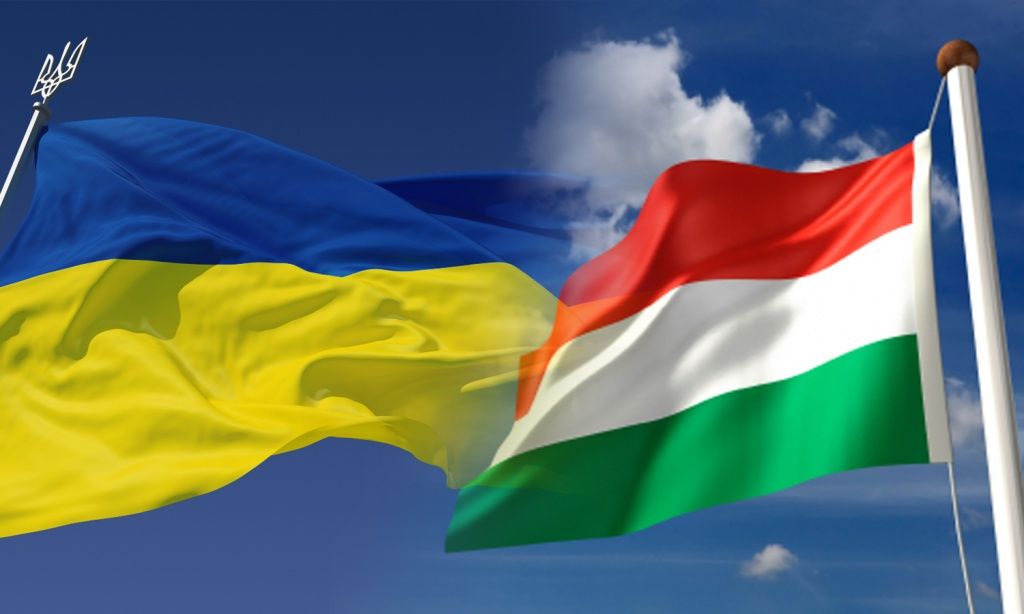
Kyiv and Budapest have initiated an effort to resolve their differences over the impact of Ukrainian language and education laws on the Hungarian national minority in Ukraine's Zakarpattia region.
Budapest's position is based on a sui generis conception of Hungarian national community entitlements in Zakarpattia. Versions of that conception also apply to Hungary's kin communities in other neighboring countries. Budapest, however, since late 2017, has been blocking NATO-Ukraine meetings at the presidential, ministerial and flag-officer levels, jeopardizing NATO-Ukraine cooperation programs amidst the Russia-Ukraine war, the Jamestown Foundation reports.
To generate pressure on Ukraine to fall into line with that conception, Budapest seeks, in effect, to misuse NATO and divert it from its purposes (not overly ambitious in the first place) regarding Ukraine. Hungary's political leaders seem oblivious to the risk that their tactics may set a precedent whereby other NATO member countries would inject parochial issues into the Alliance unrelated to its mandate and missions. For its part, the North Atlantic Alliance collectively takes the position that this dispute is only for Hungary and Ukraine to settle bilaterally. Yet, NATO's consensus-based decision-making has left the Alliance with no choice but to accept Budapest's veto against senior-level meetings with Ukraine.
The controversy can also complicate Ukraine's position in the context of the European Union. As an EU-aspirant country, Ukraine must in its own interest accept Brussels' assessments of Ukrainian domestic legislation and policies. EU institutions, among them the Venice Commission, would be loath to side with one EU member country against another member country, but might deem unproblematic politically to go along with an EU country's perspective against that of a non-member. Furthermore, current notions of multiculturalism in Western Europe may complicate the understanding of Ukraine's nation- and state-building tasks. As a latecomer to statehood, Ukraine must of necessity focus on the national language and education, as was the case everywhere in Europe earlier, during the state-building phase.
While Ukraine is keen to overcome the two-and-a-half-year-old stalemate at NATO, Hungary cannot be comfortable with that stalemate either, as initial Hungarian objectives remain unfulfilled. Meanwhile, Budapest interprets the political changes in Ukraine as having brought to power a "less nationalistic" president and parliamentary majority. Consequently, Budapest sees an opportunity to secure certain entitlements for the Hungarian national community on school education, language use and, possibly, the legalization of dual citizenship in Ukraine. The Hungarian government proposes to attain these objectives by agreement between Kyiv on one side and the Zakarpattia Hungarian representatives and Budapest on the other side.
Both Kyiv and Budapest now seem to envisage possibilities for normalizing relations on two tracks: Ukrainian accommodation of some Hungarian national minority grievances, in correlation with Budapest's support for economic and infrastructure programs in Ukraine's Hungarian-inhabited Zakarpattia districts. The linkage is implicit but fairly apparent on both sides.
Hungary's complaints have centered on three Ukrainian legislative acts: on education, on ensuring the functioning of the Ukrainian language as the state language, and on secondary-level education.
The Ukrainian government has changed three ministers of education in close succession in the last ten months. The current government will be taking the Venice Commission’s recommendations under serious consideration.

